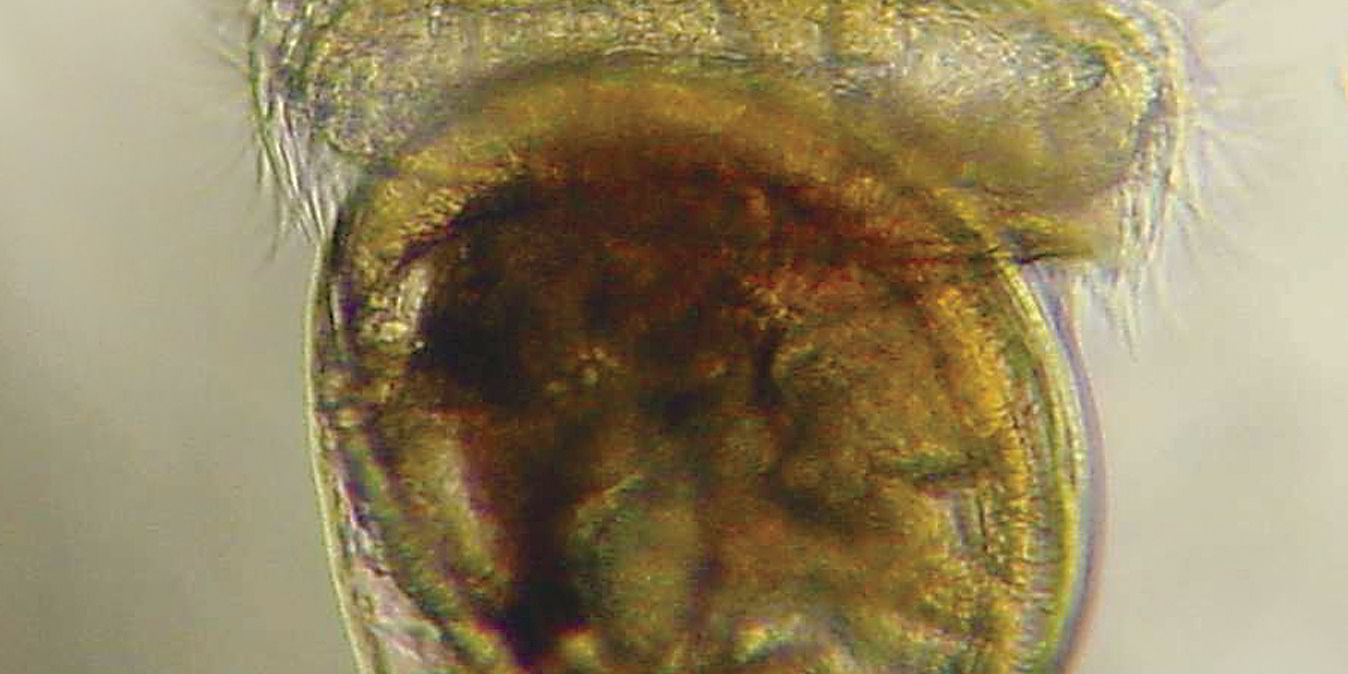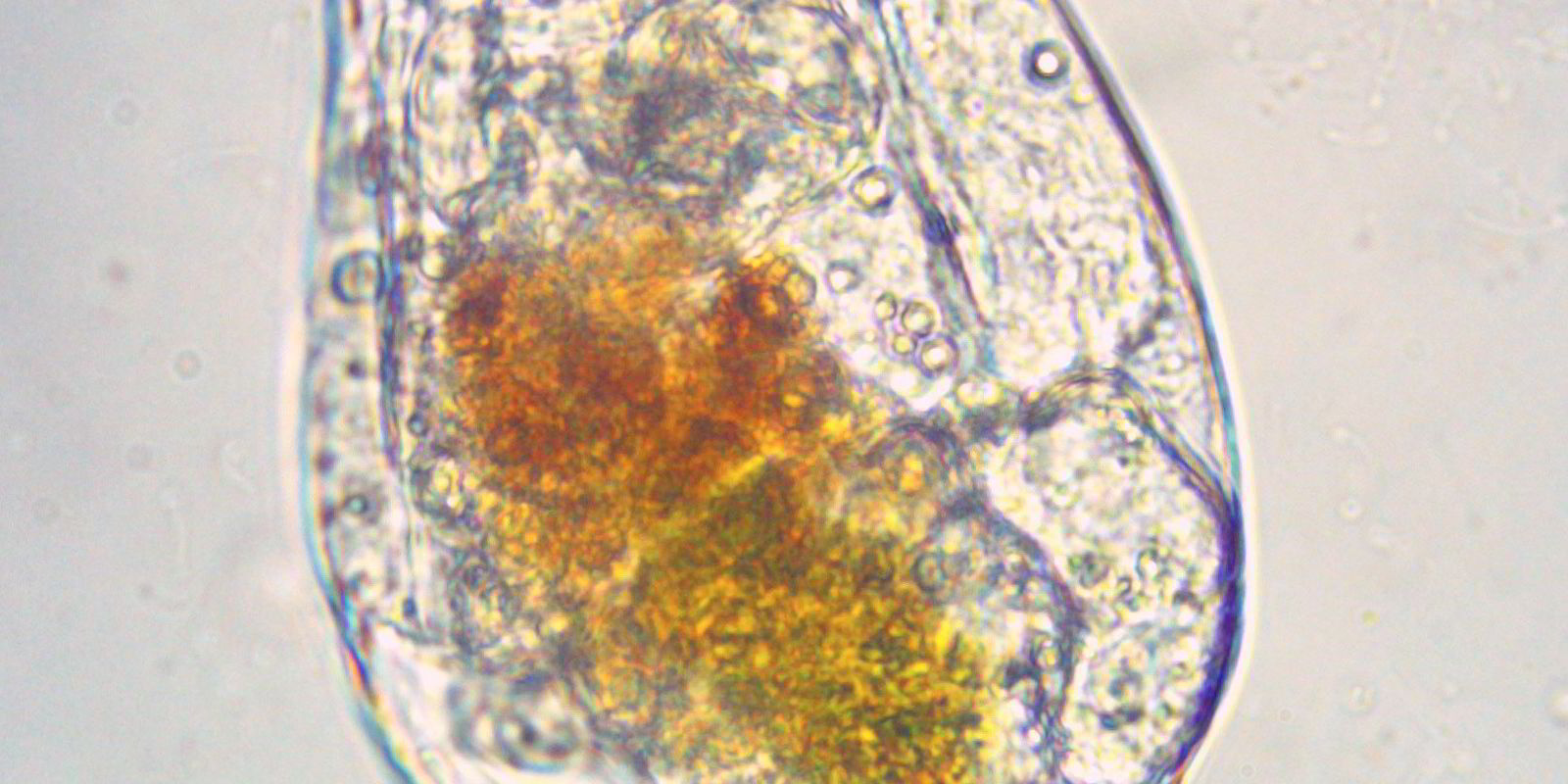SPONSORED CONTENT
Reed Mariculture’s (RMI) core technology was and remains to this day a proprietary, closed-system photobioreactor design that allows microalgae to be grown in controlled conditions. In 1998 RMI determined that selling its microalgae directly to other hatcheries was a more lucrative market, and shut down all shellfish operations. RMI innovated a line of refrigerated microalgae concentrates for hatcheries, called Instant Algae®, that provide “algae when you need it™.”
In 2003 RMI expanded its larviculture product line with the introduction of live zooplankton (rotifers, copepods, and mysid shrimp), products for ammonia control, and Japanese premium-quality weaning and juvenile finfish diets. In 2004 RMI entered the hobbyist aquarium market with the introduction of Phyto-Feast® products– concentrates of marine microalgae formulated for feeding corals, bivalves and other popular marine reef tank filter feeders.
RMI expanded further into the marine ornamental industry with the Reef Nutrition® product line, which includes marine microalgae, rotifers, copepods, mysis shrimp and other feeds. In 2011 RMI launched a new product line, APBreed™, to provide customized solutions for the unique needs of aquarists, propagators and breeders, based on RMI’s advanced hatchery products.

The company supplies hatcheries with a variety of marine microalgae-based feeds for many types of larvae, including finfish, bivalves, crustaceans, and ornamentals. It also supplies microalgae for production of rotifers and copepods to nourish finfish and other larvae. In addition, it grows and supplies three strains of live rotifers and three strains of live copepods, and supplies mysid shrimp and artemia.
Instant Algae® has all the advantages and benefits of live algae without the large investment in infrastructure, time and labor required to grow it at the hatchery. These biosecure concentrates consist of single algal species or custom blends of the most effective algae to support larvae growth and survival. They can be used as a complete algae replacement or as a nutritional supplement, while providing insurance against algae culture failures. The algal cells are non-viable but intact whole cells, which retain all their nutritional value, which in turn provide maximum nourishment to the larvae. RMI supplies eight species of algae, including four species of diatoms, plus Isochrysis, Tetraselmis, Pavlova and Nannochloropsis.
For finfish, RMI’s RotiGrow® product line includes three all-in-one growth and enrichment feeds with varying levels of DHA for rotifers and larvae. The company developed a family of all-in-one rotifer feeds because no single growth and enrichment feed can impart rotifers with the particular nutritional content needed by each species of finfish. The nutrition from the algae in these products becomes incorporated into the tissue of the rotifers, not merely the gut, because the whole, intact cell of the microalgae encapsulates all of the nutrients, resulting in a cleaner rotifer culture tank, less waste, and better feed conversion into rotifer biomass. For bivalves, RMI produces Shellfish Diet®, a superior feed that is a blend of algae for broodstock maturation, feeding larvae, setting, and spat grow-out.
As a complement to the feeds it grows and produces, RMI also provides a number of support products including Otohime® — a line of high quality Japanese larval weaning and juvenile feeds, TDO Chroma Boost™, a pellet fish food “top-dressed” with Haematococcus for vibrant color and superior nutrition, as well as ClorAm-X® for ammonia control and a small assortment of specialty zooplankton growing equipment.
